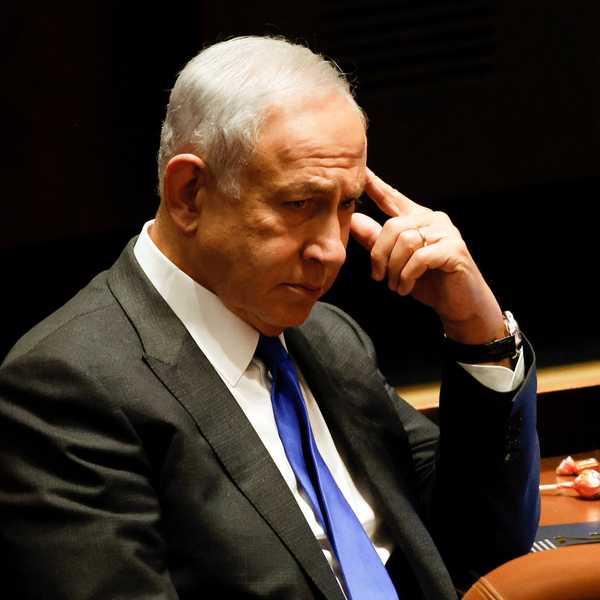Why Pakistan can’t delay new provinces
With a population of 250 million and just four provinces, experts ask: Can governance survive without administrative reform?
News Desk
The News Desk provides timely and factual coverage of national and international events, with an emphasis on accuracy and clarity.
In Pakistan, with every passing day, the perception is growing stronger that the question of new provinces or administrative units can no longer be delayed — rather, the time to resolve this issue has arrived.
In On My Radar today, journalist Kamran Khan and former Governor of the State Bank of Pakistan Ishrat Husain will explore several critical questions: Why have new provinces become an issue of Pakistan’s political, economic, and administrative survival? Can just four provinces carry the burden of 250 million people? And why are new provinces or administrative units necessary?
The PML-N, PPP, PTI, and virtually all major political parties have at one point or another advocated for new provinces. Now, after a long time, the government enjoys a two-thirds majority in Parliament needed for constitutional amendments. Securing the numbers in provincial assemblies would not be difficult either.
The Supreme Court, particularly its constitutional bench, remains fully aligned with the government’s constitutional and legal decisions. The FPCCI and the business community also consider the “centralization of power” to be a barrier to economic growth.
Even Pakistan’s most powerful decision-maker, Field Marshal Asim Munir, openly expressed his view almost a year ago — on September 28, 2024 — during a meeting with the business community, that new provinces or administrative units should be created and that a national referendum should be held on the matter.
On the surface, there seems to be no obstacle to creating new provinces or administrative divisions. And yet, some unknown force appears to be preventing it.
We Pakistanis know that when the “One Unit” scheme was abolished in 1970 and the country was reorganized into four provincial units, the population was 60 million. Today, the population has grown by 400 percent to nearly 250 million, meaning a fourfold increase in people while the number of provinces remains stuck at four. This disproportion has entrenched “centralization” of resources and authority, paralyzing governance.
Around the world, new states, provinces, or administrative divisions are created routinely on the basis of population and geography. So why does it cause such uproar in Pakistan? Could new provinces or units not be created based on geography — South, East, West, North, or Lower, Upper, and Central — instead of on ethnic, regional, or cultural lines?
When Pakistan’s local government system has already lost its effectiveness in devolving powers and resources to the grassroots, then what harm could there be in creating new provinces or units?







Comments
See what people are discussing